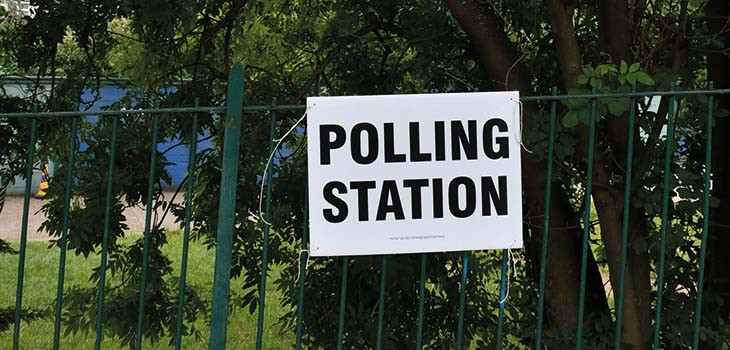
- The key features of the new law relating to the timing of general elections, the Dissolution and Calling of Parliament Act 2022, which has repealed the Fixed-term Parliaments Act 2011.
The Fixed-term Parliaments Act 2011 (FTPA 2011) was a significant piece of constitutional legislation which represented a key aspect of the constitutional reform agenda of the coalition government. A central purpose of FTPA 2011 was to end the position whereby the timing of a general election was essentially a matter for the prime minister to decide, by requesting that the monarch exercise the prerogative power to dissolve Parliament. As Lord Holme once suggested, the position was comparable to that of an athlete who, when taking part in a race, is allowed ‘to approach it with his running shoes in one hand and his starting pistol in the other’: see Hansard,








